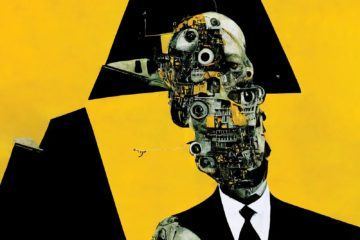Henry Farrell, Abraham Newman, and Jeremy Wallace in Foreign Affairs:
 In policy circles, discussions about artificial intelligence invariably pit China against the United States in a race for technological supremacy. If the key resource is data, then China, with its billion-plus citizens and lax protections against state surveillance, seems destined to win. Kai-Fu Lee, a famous computer scientist, has claimed that data is the new oil, and China the new OPEC. If superior technology is what provides the edge, however, then the United States, with its world class university system and talented workforce, still has a chance to come out ahead. For either country, pundits assume that superiority in AI will lead naturally to broader economic and military superiority.
In policy circles, discussions about artificial intelligence invariably pit China against the United States in a race for technological supremacy. If the key resource is data, then China, with its billion-plus citizens and lax protections against state surveillance, seems destined to win. Kai-Fu Lee, a famous computer scientist, has claimed that data is the new oil, and China the new OPEC. If superior technology is what provides the edge, however, then the United States, with its world class university system and talented workforce, still has a chance to come out ahead. For either country, pundits assume that superiority in AI will lead naturally to broader economic and military superiority.
But thinking about AI in terms of a race for dominance misses the more fundamental ways in which AI is transforming global politics. AI will not transform the rivalry between powers so much as it will transform the rivals themselves. The United States is a democracy, whereas China is an authoritarian regime, and machine learning challenges each political system in its own way.
More here.
